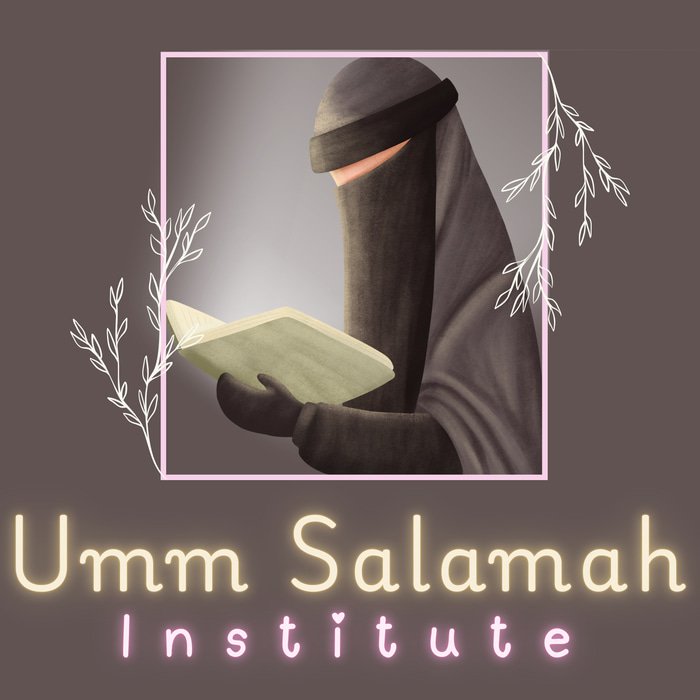The Importance of Community: Addressing the Needs of Women and Children in Islam
The Importance of Community: Addressing the Needs of Women and Children in Islam
A strong Muslim community is one that nurtures, educates, and supports all its members—men, women, and children alike. Islam places immense importance on communal unity, social well-being, and the spiritual development of every individual. However, in many communities today, women and children are often overlooked when it comes to engagement, education, and support. This neglect not only weakens the overall structure of the community but also creates isolation, spiritual stagnation, and social struggles for the very people who play a central role in shaping the next generation.
The Role of Community in Islam
The Prophet Muhammad ﷺ emphasized the importance of community, stating:
“The example of the believers in their affection, mercy, and compassion for each other is that of a body. When any limb aches, the whole body reacts with sleeplessness and fever.” (Bukhari & Muslim)
This hadith highlights that a Muslim community must be built on care, concern, and active support for all its members. A well-functioning community should be a source of strength, where women find sisterhood, children are nurtured in faith, and families grow together in Islamic knowledge and practice.
Unfortunately, in many cases, community spaces are designed primarily for men, with little regard for the vital needs of women and children. This creates a long-term crisis in the ummah, leading to:
• Isolation for Women: Many women feel disconnected from their Muslim sisters, leading to loneliness and a lack of emotional and spiritual support.
• Weak Islamic Foundations for Children: Without engaging Islamic programs, children grow up without a strong sense of identity, making them more vulnerable to outside influences.
• Family Disconnection from the Masjid & Community: When mothers and children do not feel welcomed or included, entire families become disconnected from Islamic gatherings.
The Neglect of Women’s Needs: A Growing Concern
1. Women Are the Foundation of the Next Generation
Women, particularly mothers, are the primary educators of children in their early years. If women are not given access to proper Islamic education, social support, and spaces to grow spiritually, how can they instill strong faith in the next generation?
The Prophet ﷺ said:
“Each of you is a shepherd, and each of you is responsible for his flock. A leader is a shepherd over his people… A woman is a shepherd over her husband’s house and children, and she is responsible for them.” (Bukhari & Muslim)
Yet, in many communities, women’s engagement is an afterthought. Sisters’ halaqahs are rare, women’s spaces in Islamic centers are often inadequate, and few programs address the specific struggles of Muslim women—whether they are young, married, mothers, or elderly.
2. The Social & Emotional Toll of Isolation
Many Muslim women, especially reverts and new mothers, experience severe loneliness. Without consistent community engagement, they struggle with:
• A lack of Islamic sisterhood and support.
• Difficulty balancing personal faith with family responsibilities.
• Feeling disconnected from the larger Muslim ummah.
The Prophet ﷺ encouraged communal support for women, yet today, many women feel they have nowhere to turn in their own communities.
3. Women’s Spaces Are Often an Afterthought
In many masjids and community centers, the women’s section is often:
• Small, poorly maintained, or entirely unavailable.
• Lacking in educational programs or social events.
• Disconnected from the main activities of the masjid.
This discourages women from attending, leaving them spiritually disconnected and preventing them from forming a strong sense of belonging in the community.
The Neglect of Children’s Engagement: A Silent Crisis
1. The Future of the Ummah is at Risk
Children are not just part of the community—they are its future. If they do not feel engaged and connected to their Islamic identity from a young age, they are more likely to drift away from Islam as they grow older.
Many communities fail to provide engaging and structured programs for children, leaving them with:
• No consistent Islamic learning outside of the home.
• Few opportunities to interact with other Muslim kids in a positive environment.
• A lack of interest in masjid or Islamic gatherings.
If children do not enjoy being part of the community at a young age, they are less likely to stay connected as adults.
2. The Dangers of an Unengaged Childhood
Without strong Islamic engagement, many children turn to:
• Social media and entertainment, which can lead to negative influences.
• Secular ideologies that conflict with Islamic teachings.
• Friendships that distance them from their Muslim identity.
A child’s Islamic foundation must be built early, and this requires structured programs that are both educational and enjoyable.
How Can We Fix This?
At Umm Salamah, we recognize these gaps and actively work to provide meaningful engagement for women and children through:
• Women’s Trips & Halaqahs – A safe space for women to learn, grow, and support each other.
• Special Workshops – Covering topics relevant to Muslim women, from spirituality to personal development.
• Revert Support – Ensuring that new Muslims, especially women, receive the guidance and companionship they need.
• Children’s Programs – Interactive learning, Islamic activities, and engaging events to build a strong Islamic identity.
• Family-Centered Activities – Encouraging full-family participation in Islamic and social events.
Building a Stronger Future Together
A community is only as strong as its members. If we neglect women and children, we weaken the foundation of the ummah. However, by actively creating spaces where they feel welcomed, supported, and engaged, we ensure a future where Islam thrives within every generation.
Let’s work together to build a community that truly serves the needs of every Muslim—because when we uplift women and children, we uplift the entire ummah.
